Questionable tender decisions, an “unsafe” building, alleged bid-rigging and a deviation from standard procurement processes that will see the appointed landlord getting paid at least R149-million more than the original bid price.
These are some of the elements in the Department of Health’s (DoH) R486-million lease deal with Hiroworx, a company controlled by businessman Herbert Theledi’s Nthoese Developments.
The Department of Public Works and Infrastructure (DPWI) administered the tender on behalf of the DoH, but senior health officials were closely involved in the process.
After an open bid process collapsed under dubious circumstances, Hiroworx in 2020 clinched a lease deal from the DoH through a tender “deviation”.
As a result, Hiroworx stands to pocket between R149-million and R191-million more than it would have earned if it had won the DoH deal through the open tender.
Speaking through its lawyer, Stan Fanaroff, Hiroworx strongly denied that it had secured the contract as a result of any dubious or unlawful conduct.
Documents from the DPWI and the National Treasury (NT) put the cost of the lease deal at R486.7-million. Hiroworx claimed the correct figure is R444.8-million, but the company refused to let us view documentation that might confirm this.
Dr Zweli Mkhize features in the series of developments that saw the DoH move into its new building.
Some of the events leading up to the Hiroworx contract bear a curious similarity to the Digital Vibes affair.
Like Digital Vibes, Hiroworx first won a contract from the department of cooperative governance and traditional affairs (Cogta) when Mkhize led this department.
However, after Mkhize took over as minister of health, Cogta backed out of the contract and Hiroworx instead secured a costlier lease deal from Mkhize’s DoH.
We sent queries for Mkhize’s consideration to his spokesperson, Sphethile Mathenjwa. She seemed to have read our messages, but did not respond.
Other key DoH figures implicated in the Digital Vibes scandal also make an appearance in the Hiroworx lease saga.
Scorpio’s months-long investigation is informed by court records, documents obtained through Promotion of Access to Information Act (Paia) requests and multiple source accounts.
In 2021, the DoH’s long-suffering staffers finally moved from the problem-ridden Civitas building in Pretoria’s CBD to their new head office, a sprawling structure to the south of the city. The building’s nearest neighbour is 1 Military Hospital.
The DoH’s new home, however, would present problems of its own. We’ll delve into some of those.
The building was once owned by the mining firm Exxaro. When the DoH moved in, its name was changed in honour of struggle stalwart Dr AB Xuma.
The move came on the back of more than two years of administrative wrangling involving a multitude of actors from several state departments.
Odd specification
Our investigation takes us back to 2019.
At the start of that year, then health minister Dr Aaron Motsoaledi announced that the DoH would begin searching for a new building.
The Civitas building had become a health hazard, and the department’s staffers were desperate to move into new offices.
During that same month, January 2019, Cogta also started looking for a new home.
Led by Mkhize, Cogta approached the DPWI for assistance. It is customary for the DPWI to administer tenders for new offices on behalf of so-called client departments.
A third development in January 2019 is of interest: Theledi’s Nthoese Developments reached out to Growthpoint Properties, which owned the old Exxaro building.
Nthoese wanted to buy the building from Growthpoint. When the transaction was later finalised, Nthoese took ownership of the property through a subsidiary called Hiroworx.
In April 2019, the DPWI issued a tender to find new offices for Cogta.
Prospective landlords with assets in Hatfield, Brooklyn, Arcadia and, oddly, Thaba Tshwane, were invited to submit bids.
The winning bidder would secure a seven-year lease deal.
The building Nthoese was acquiring from Growthpoint happened to be in the vicinity of Thaba Tshwane.
The area is mostly known for its military base. It is relatively far from Pretoria’s CBD, which would later become a bone of contention.
To our knowledge, none of the other national departments’ headquarters is located here.
Some of our sources alleged that Thaba Tshwane had been included in the bid specifications in order to favour Hiroworx.
The company strongly denied this.
“Your insinuation that this specification was purposefully included in the bid in order to benefit Hiroworx, is totally unfounded and is tantamount to defamation,” said Fanaroff.
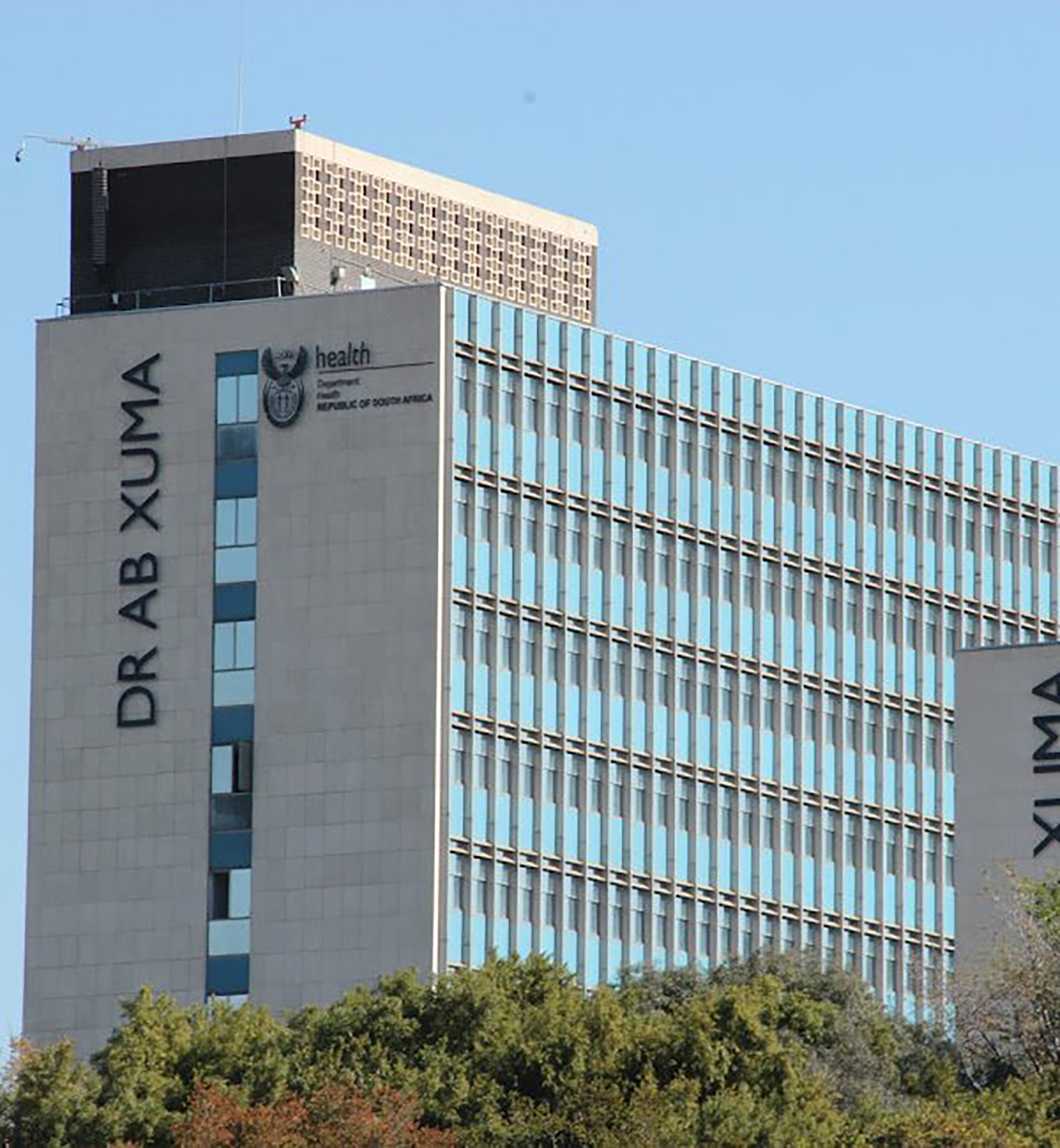
We asked the DPWI why Thaba Tshwane had been included in the tender specifications.
“The instruction came from the client, Cogta,’ responded the DPWI.
Cogta told us the decision was made during Mkhize’s time as minister, but it couldn’t say why.
“Unfortunately, the [current] DDG was employed in 2021 after the previous DDG retired. Therefore the department cannot say with confidence why Thaba Tshwane was specified,” said Lungi Mtshali, Cogta’s spokesperson.
Rivals disqualified
In May 2019, meanwhile, Mkhize left Cogta to take up his new position as health minister.
Next, in July 2019, the DPWI issued a tender to find a new building for the DoH. The lease would be for a period of five years.
Hiroworx submitted a bid for this one too. In other words, the company was now in the running for both tenders.
Having kicked off first, the DPWI’s tender for Cogta’s new offices was the quickest to be concluded.
In May 2019, the DPWI’s bid evaluation committee (BEC) recommended Hiroworx’s offering. The department’s bid adjudication committee (BAC) in October 2019 ratified the BEC’s decision.
There are several figures on the table regarding the actual cost of this deal.
According to a BAC document approving the contract, the Hiroworx option would cost nearly R344-million.
Hiroworx told us it had submitted a bid for R355-million, which was later “negotiated down” to R346.7-million.
The signed lease agreement between Hiroworx and Cogta, meanwhile, shows that the seven-year lease would have cost R381.5-million.
Whatever the case, the Hiroworx bid was far pricier than its cheapest rival.
According to a record of shortlisted bidders provided by the DPWI, a company called SKG Africa had submitted a bid for only R177.6-million. This is R169-million less than Hiroworx’s own figure for the Cogta lease.
We asked the DPWI how Hiroworx managed to come out on top, considering this cost difference.
The department stated that SKG Africa and another rival bidder, which had also submitted a cheaper bid, were effectively disqualified from the bid process.
Their bids were “non-responsive because the properties they offered were not in the location needed by the bid”, said the department.
Hiroworx had no such issues. After all, its property is in Thaba Tshwane, one of the areas included in the bid specifications.
As we’ll see, this was not to be the last time the DPWI would proffer this reason for disqualifying Hiroworx’s rivals.
Cogta would later back out of this contract, but the deal would form the basis for Hiroworx’s eventual appointment by the DoH.
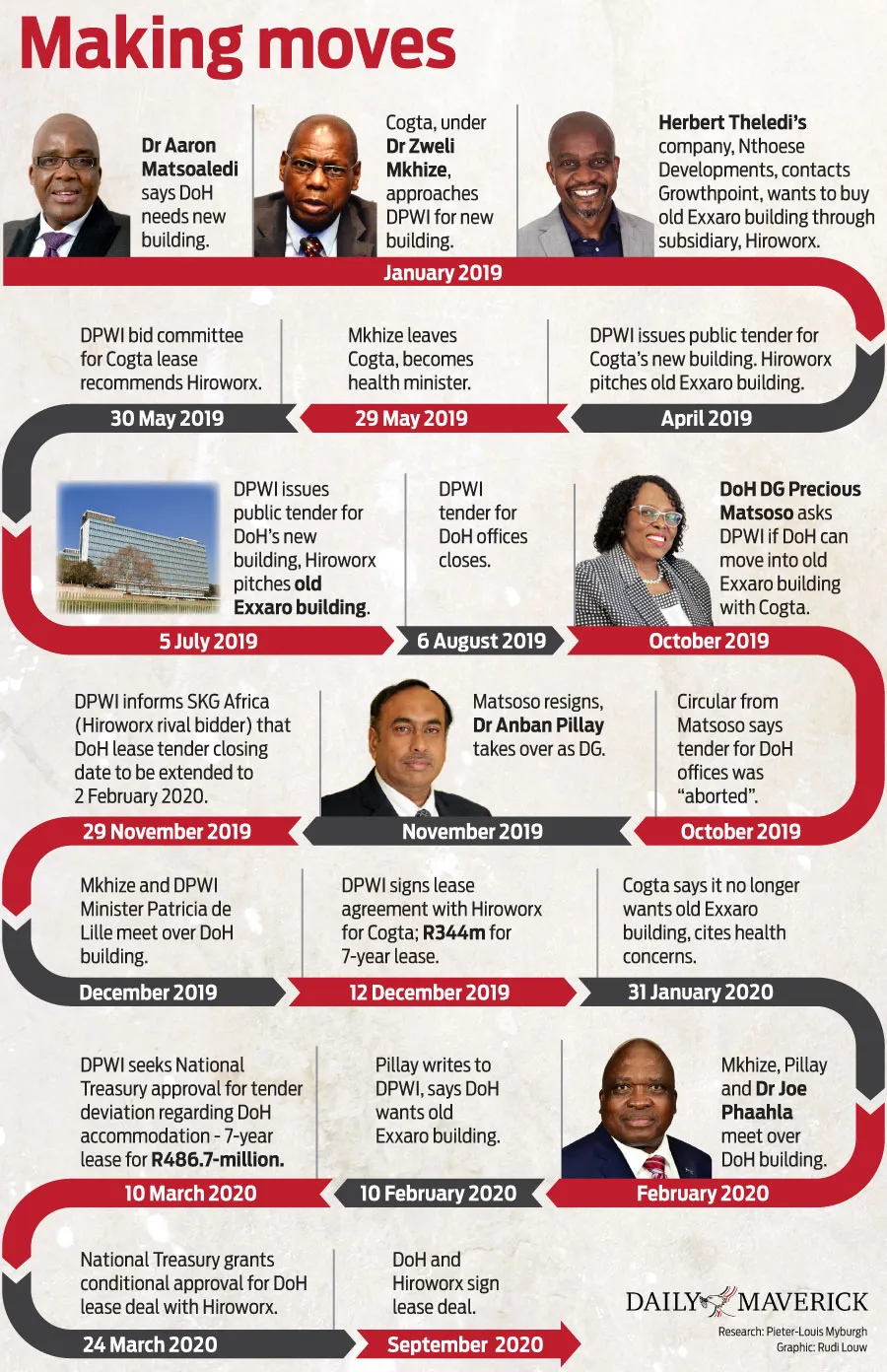
‘Non-responsive’ — again
In August 2019, meanwhile, the DPWI’s tender for the DoH’s new building closed.
Unlike the tender for Cogta, this bid did not include Thaba Tshwane in its specifications.
Hiroworx’s bid nevertheless remained in the race.
The DPWI told us Hiroworx’s bid came in at R300-million. Hiroworx said its bid price was R295.5-million.
This time it looked as if Hiroworx had outdone its rivals as far as its bid price was concerned.
SKG Africa, one of the companies booted from the Cogta bid, submitted bids for two of its buildings. They came in at R367.8-million for each of the buildings, according to a record of the shortlisted bidders.
Another bidder, Abland, had submitted a bid for R390.7-million.
Purely based on the bid prices, Hiroworx would therefore have been a strong contender to win the contract.
This bid process, however, would soon fall into disarray. The tender would later be cancelled, paving the way for the DPWI to appoint Hiroworx by means of a deviation from normal procurement processes.
Crucially, the deviation would enable Hiroworx to bag a deal that would cost the DoH much more money.
According to the DPWI, the tender process for the DoH’s accommodation had to be cancelled because the bidders were supposedly “non-responsive”.
This was the same reason the DPWI had used to exclude Hiroworx’s rival bidders from the Cogta tender.
At least one of the “non-responsive” bidders is demanding answers.
In October 2020, SKG Africa launched a lawsuit at the Pretoria high court. The matter is ongoing. The company wants the court to review and set aside the DPWI’s decision to cancel the bid process.
It also wants the court to set aside the lease deal Hiroworx secured through an “emergency procurement process”.
“The decisions by the DPW[I] to cancel the tender appears to be suspicious and may very well be administrative action that is unfair, inequitable, non-transparent, uncompetitive and cost-ineffective,” reads the court filings.
Despite being cited as a respondent, the DoH said it “has not received any legal documents or papers in relation to the leasing of the building”.
Hiroworx said it wouldn’t discuss the claims in SKG’s court application.
“The matter is sub judice. Our client has no further comment,” said Fanaroff.

The DoH makes a move
We’ve studied records filed in SKG Africa’s court application, along with documents Scorpio obtained from sources and through our Paia applications. The combined paper trail offers a troubling account of how the tender process for the DoH’s new building imploded.
The trouble seemingly started in October 2019, roughly a month after the tender closed.
At this point, it looked all but certain that Cogta, and not the DoH, would be moving into the Hiroworx building.
The DPWI’s BAC was on the verge of ratifying the BEC’s decision to award the Cogta lease deal to Hiroworx.
Somehow, however, the DoH must have gotten wind of the fact that Cogta was inching closer to finalising a deal with Hiroworx.
This is evidenced by a series of correspondences between Malebona Precious Matsoso, the DoH’s then DG, and her counterpart at the DPWI, Sam Vukela.
In one of the letters, Matsoso asked the DPWI if the DoH could “participate” in the Cogta lease.
In another letter, Matsoso stated that the DoH’s space requirements could be adjusted from the original 28,397 square metres to just 17,000 square metres. In other words, the DoH was willing to squeeze into the building along with Cogta’s staffers.
At this point, the DPWI’s tender process on behalf of the DoH was ongoing, so the timing of Matsoso’s requests seems strange.
Even more curious was a statement Matsoso made in a circular sent to DoH staffers on 22 October 2022.
The then DG claimed, “the [DoH] tender process was aborted at short notice”.
Matsoso told Scorpio this decision had come from the DPWI.
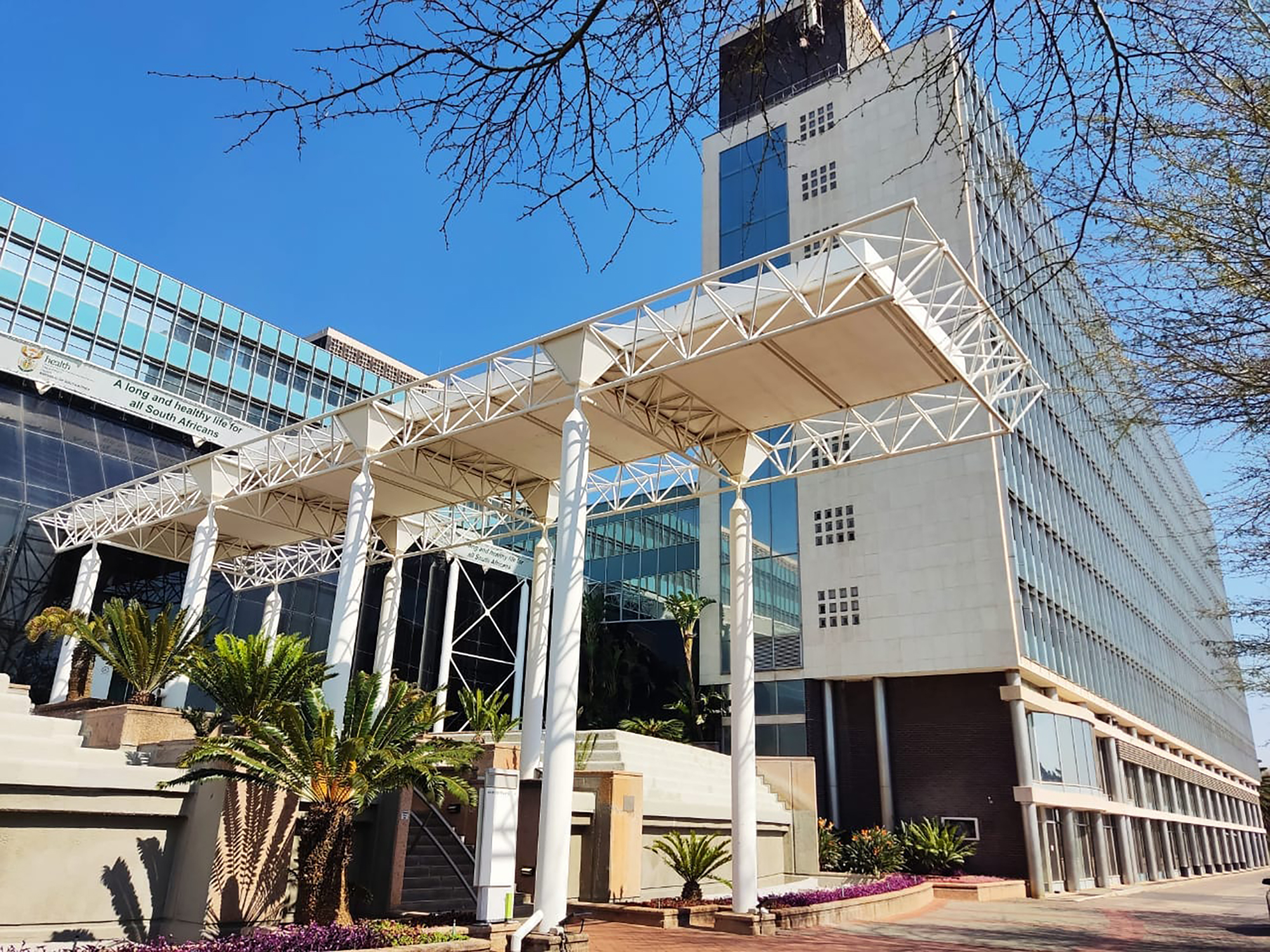
This is where things get especially strange.
Matsoso was evidently under the impression that the DPWI had cancelled the tender, but the DPWI had made no effort to inform SKG Africa of the development.
In fact, the DPWI very much kept Hiroworx’s rival bidder under the impression that the bid process was alive and well.
This we know from some of the addenda in SKG Africa’s court filings.
‘Immense pressure’
What the court documents also suggest is that the DPWI was trying to make things as difficult as it could for SKG Africa.
On 25 October 2019, a WhatsApp message came through on the cellphone of SKG’s CEO, Jean du Plessis. It was from Patience Sethwana, one of the DPWI’s procurement officials involved in the bid process.
The message was sent only three days after Matsoso’s circular had effectively declared the tender process dead in the water.
Sethwana “urgently invited” SKG to a meeting concerning the tender for the DoH lease.
The meeting was scheduled for 3pm. Sethwana’s message left Du Plessis with less than an hour to get to the DPWI’s head office in downtown Pretoria, but he managed to get there on time.
At the meeting, DPWI officials requested further information from both SKG Africa and Hiroworx, according to Du Plessis’ affidavit.
SKG Africa was given only three days to submit the requested information.
Despite “immense pressure” arising from the short deadline, the company managed to comply.
Next, the DPWI informed SKG Africa in an email that the tender’s “validity period” had been extended to 1 December 2019.
In other words, the tender process was alive, contrary to what the DPWI had apparently told the DoH’s Matsoso.
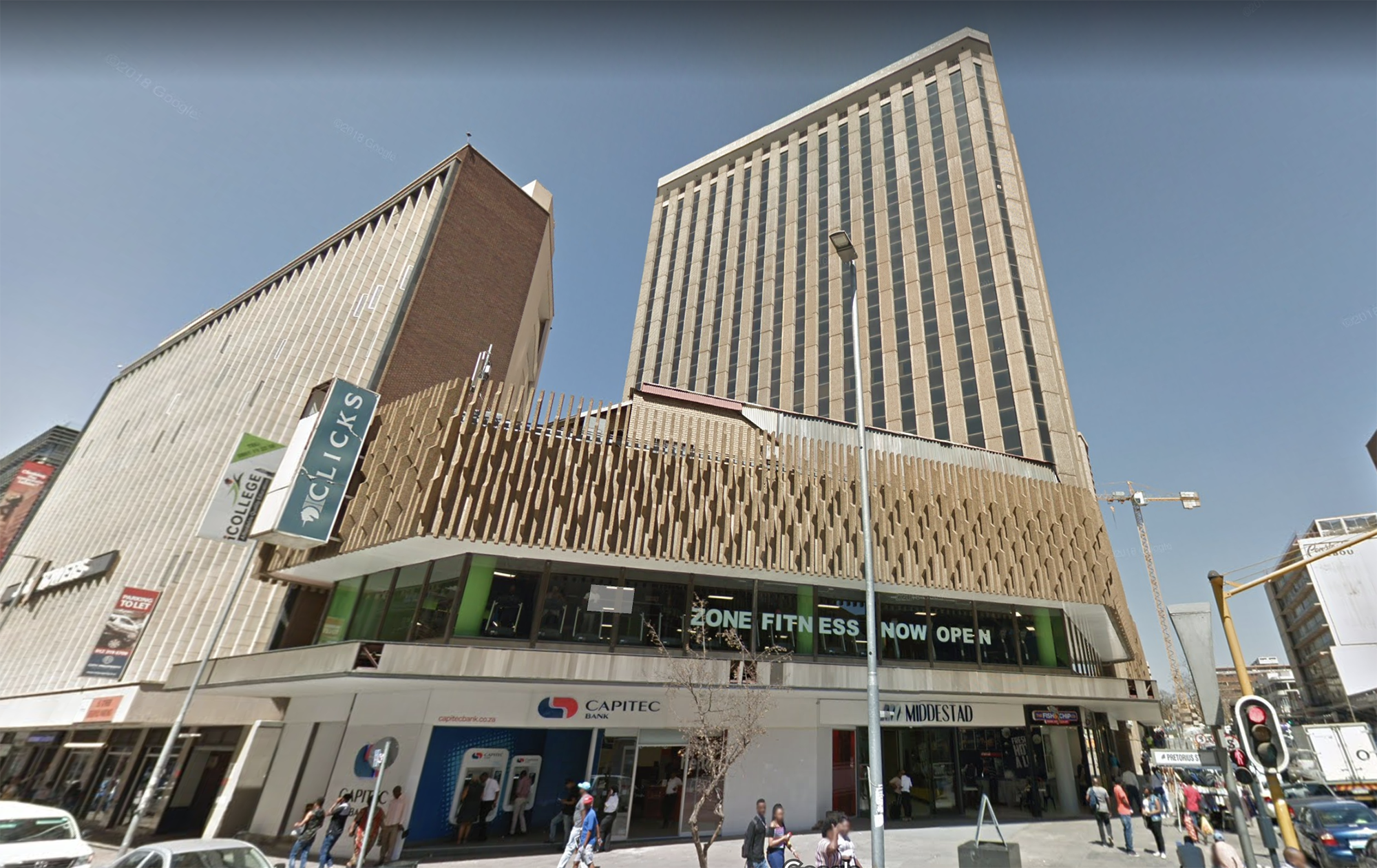
In the meantime, the DPWI kept requesting more information from SKG Africa. On the afternoon of 28 October, the department sent an email in which it requested A3 floor plans of the company’s buildings.
Visit Daily Maverick’s home page for more news, analysis and investigations
The DPWI wanted the plans by 9am the following morning, so SKG presumably had to scramble to get those together in a single afternoon.
Again, SKG Africa managed to comply, according to Du Plessis’ affidavit.
At 11.14am, less than four hours after SKG had submitted the floor plans, Du Plessis got a call from Sethwana. The DPWI official said there would be a site inspection at SKG’s building at 11.45am. This placed him “under undue pressure”, but Du Plessis rushed through to their property and arrived there at 11.46am”, reads his affidavit.
On 29 November 2019, the DPWI informed SKG that the tender’s validity period would again be extended, this time to 2 February 2020.
The deliberations dragged on over the festive period.
On 3 January 2020, SKG’s Du Plessis received another WhatsApp message from Sethwana. There would be another site inspection at the company’s building three days later, said the message.
Du Plessis, who’d been in East London over the festive period, duly travelled to Gauteng to attend the site inspection, which was scheduled for 6 January.
Representatives from the DoH, including the former chief of staff, Shireen Pardesi, attended the meeting together with a group of DPWI officials.
Pardesi would later be suspended over her role in appointing and processing payments to Digital Vibes, the DoH’s corrupt communications contractor.
‘New process’
At the January meeting, SKG Africa for the first time heard that the original DPWI tender process had been aborted and that the inspection formed part of a “new process”, according to Du Plessis’ affidavit.
The news came from one of the DPWI’s officials, but it wasn’t confirmed in writing.
This was more than two months after Matsoso’s circular had stated this as fact.
Du Plessis was “surprised” by the development, seeing as his company hadn’t been informed of the supposed cancellation.
Around this time, SKG also began hearing “rumours” that Hiroworx had secured a lease contract through an emergency procurement process.
Only on 31 January 2020 did the company finally receive official confirmation that the tender had indeed been cancelled. This was when the decision was published in the government’s tender bulletin.
SKG Africa hadn’t received any reason whatsoever as to why this had happened, the company claimed in its court application.
It eventually decided to submit a Paia application for records that might detail why the tender had been aborted.
The DPWI didn’t seem particularly keen to release anything.
“It [was] only after SKG Africa threaten[ed] to launch an application to compel the DPW[I] to make available the record that the DPW[I] acted and caused a bundle of documents to be filed,” reads SKG’s court filings.
But these records were “muddled and in no chronological or otherwise logical form [and were] also to a large extent illegible”, the company claimed.
Floored by floor plans
Scorpio asked the DPWI why the DoH tender had been cancelled. It first said the bidders’ buildings were all located outside the “required area”.
This was the same reason the DPWI had given for disqualifying SKG Africa from the Cogta bid.
But the specifications for the DoH bid clearly included the Pretoria CBD and Centurion. SKG Africa and Abland’s respective buildings are located in these areas.
After we’d pointed out that at least two of the bidders’ properties were in the correct areas, the DPWI came back with a different tune.
“Kindly disregard the earlier response, which mentioned the location as non-responsiveness for the DoH bid. It was an error,” claimed the DPWI.
The department then gave us another explanation.
Remember the floor plans SKG Africa had to submit to the DPWI at extremely short notice?
The DPWI now told Scorpio these documents weren’t satisfactory.
“The floor plans layout submitted by the bidder was dated 2015 which meant they were not drawn for the needs assessment of the client (Department of Health),” claimed the DPWI.
But there is reason to view the department’s response with some suspicion.
SKG Africa’s court filings include a letter it sent to the DPWI in October 2019.
“… SKG Africa carried out detailed space planning layouts this weekend for DPW[I]’s consideration and such are attached to this correspondence,” reads one excerpt.
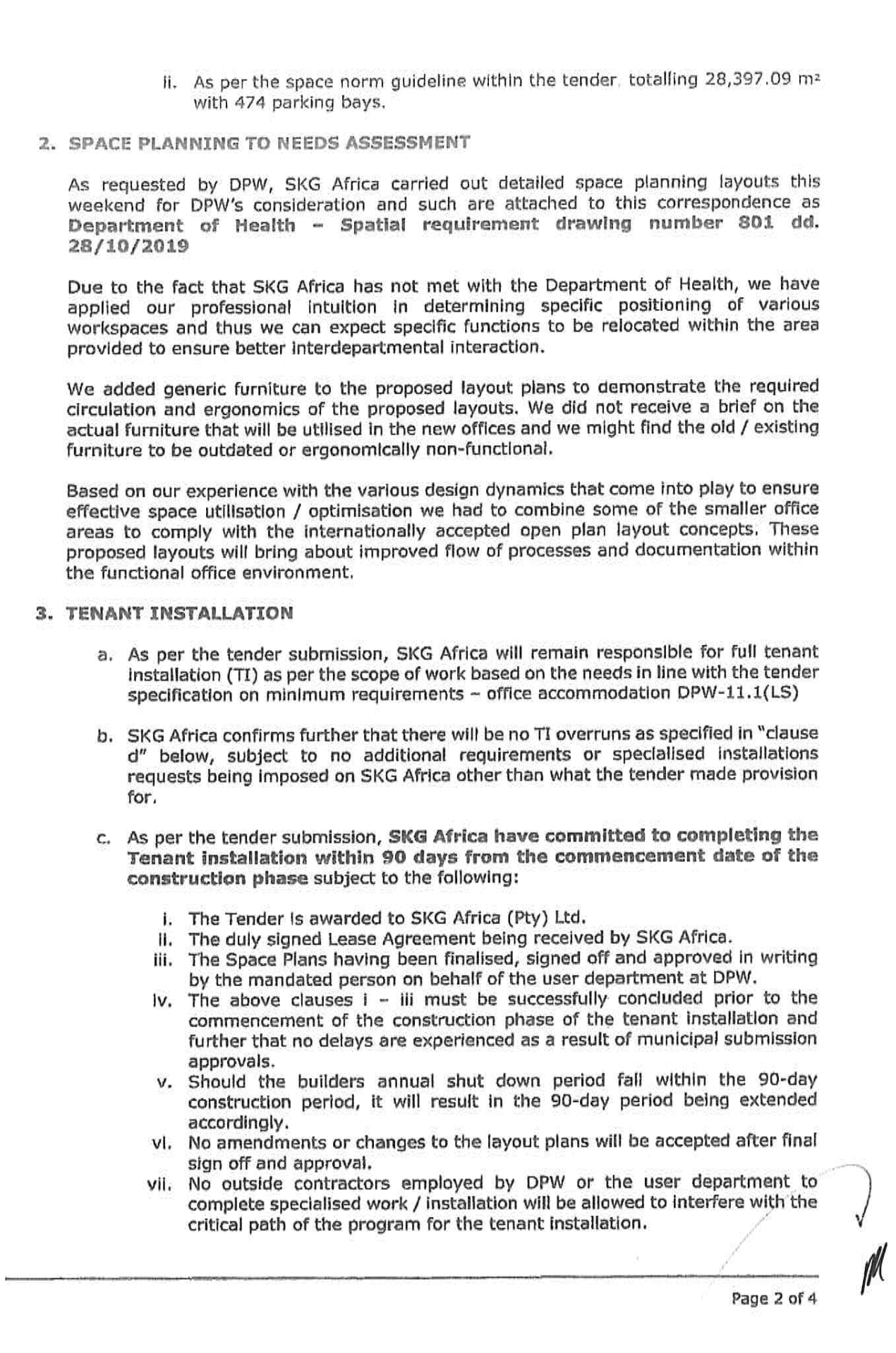
In other words, SKG had submitted fresh layout plans that were specifically drawn for the tender. The DPWI therefore can’t claim that it only received “old” floor plans from SKG.
The second reason for SKG Africa’s exclusion seems equally dubious.
The DPWI told us SKG failed to submit a letter in which the company confirmed that the DoH would not incur any additional expenses for “tenant installations”. Such expenses are also known as cost overruns.
“Instead, the bidder informed the department that there will be an overrun,” claimed the DPWI.
Again, this is contradicted by the letter SKG sent to the DPWI in October 2019.
“SKG Africa confirms further that there will be no TI [tenant installation] overruns,” reads the letter.
In other words, the two reasons the DPWI gave us for its decision to disqualify SGK Africa warrant scrutiny.
Enter Pillay
After Matsoso left the DoH in late 2019, meanwhile, Dr Anban Pillay took over as the department’s DG.
Like Pardesi, Pillay would later be censured for his role in the Digital Vibes affair.
Pillay was instrumental in Hiroworx’s appointment as the DoH’s new landlord. His boss at the time, Mkhize, also played a role.
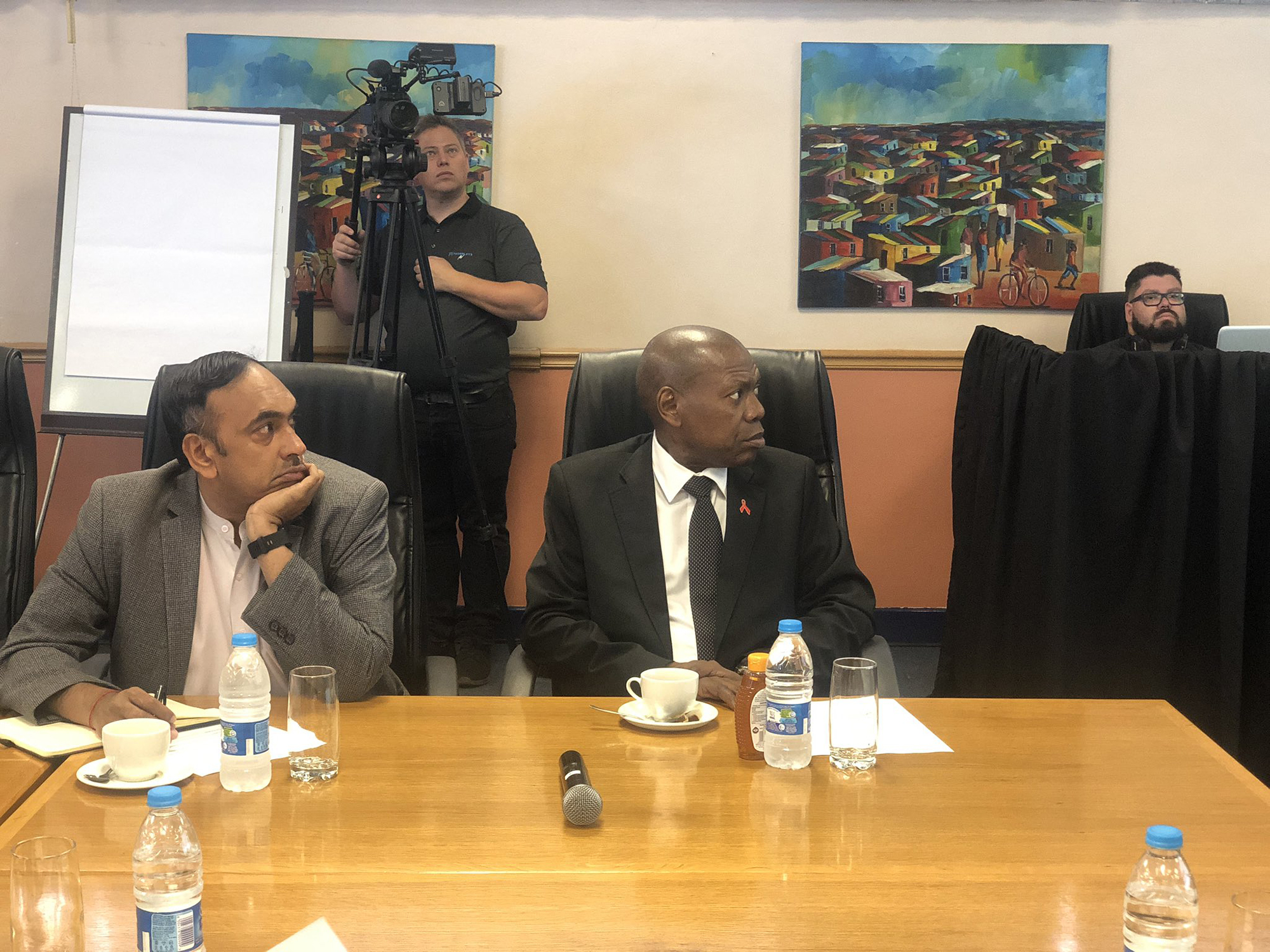
In December 2019, Pillay wrote to the National Treasury (NT). He was seeking permission for the DoH to deviate from normal tender procedures in order to urgently sign a new lease deal.
But Pillay had jumped the gun.
When the NT replied to Pillay, it reminded him that the request for a deviation would have to come from the DPWI, not the DoH.
By now, Mkhize and his counterpart at the DPWI, Patricia de Lille, had gotten involved.
The two ministers met in December 2019, according to an article on SAnews.gov.za, the government’s news site.
“… both Ministers resolved that relocating the department [of health] was a matter of urgency,” reads the article.
But if the DoH wanted to get into the Hiroworx building, it would first have to clear a few obstacles.
One such potential hurdle was the lease deal that Cogta’s then DG, Dan Mashitisho, had signed with Hiroworx in December 2019.
Luckily for the DoH, Cogta decided to get out of the way.
Health and safety concerns
In late January 2020, Cogta informed the DPWI that it would walk away from the lease deal with Hiroworx.
Cogta gave a startling reason for its decision.
“The department is not in a position to relocate to the recommended building, due to building proximity to the quarry/mine,” Mashitisho’s successor, Themba Fosi, stated in a letter addressed to the DPWI’s Vukela.
What Fosi was referring to is in fact an active stone quarry to the west of the Hiroworx building.
When Dr Nkosazana Dlamini Zuma replaced Mkhize as Cogta minister in 2019, she raised concerns over the department’s pending move to the building. This is according to Cogta’s spokesperson, Mtshali.
“The health concerns around the active mine in close proximity to the office building” were among the issues raised by Dlamini Zuma.
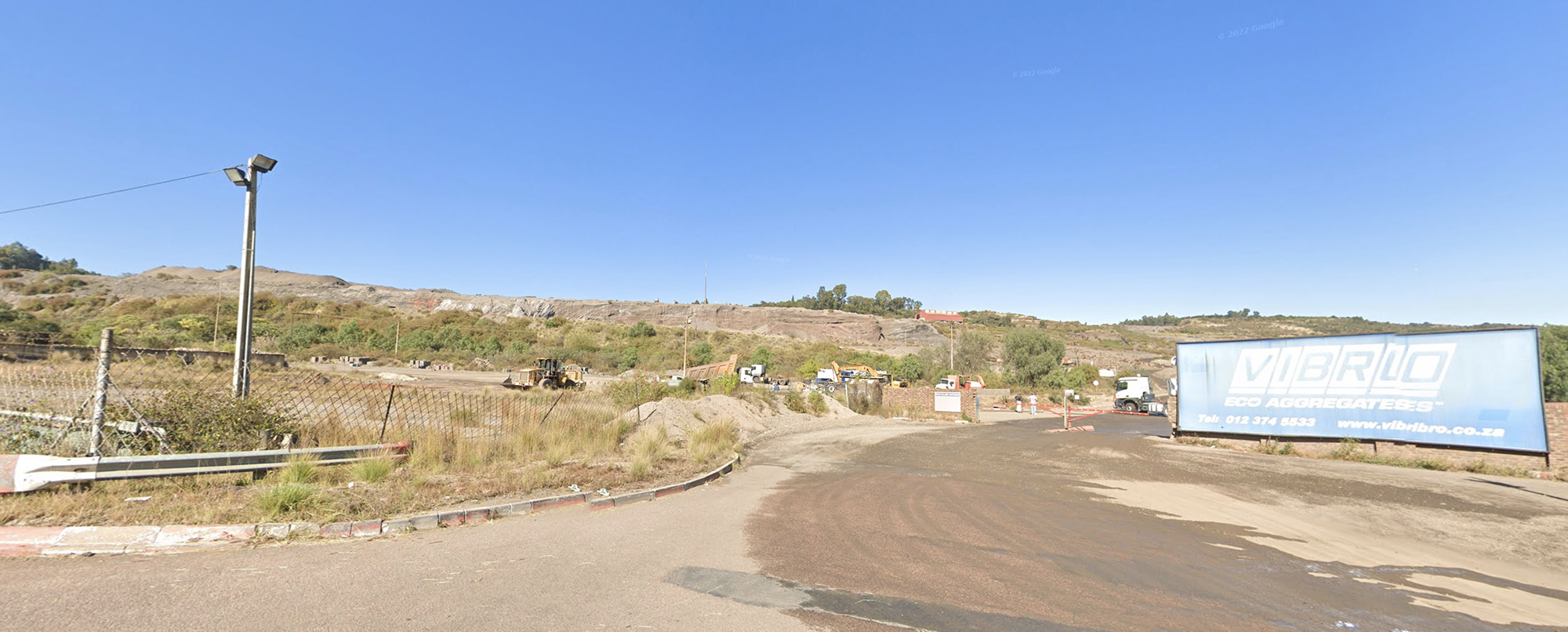
Dlamini Zuma was also worried about the safety of staff members working after hours, said Mtshali.
What’s more, there were transport issues arising from the building’s location. Being far from the CBD and main transport routes, Cogta staffers would have a difficult time travelling to and from work.
By the looks of it, Dlamini Zuma’s concerns would prove to be valid.
The DoH’s staffers, who moved into their new offices in mid-2021, have been subjected to security challenges.
“The area is really unsafe. Several cars were stolen inside the [premises]. Some staff were mugged outside the gate,” one DoH official told Scorpio.
The DoH in a statement confirmed some of these problems:
“The department has been informed of cases of unfortunate criminal activities, hence staffers, including those using public transport, are encouraged to be vigilant and leave the office before darkness because the area is generally not busy late in the afternoon.”
As for the building’s distance from the CBD, the DoH has had to organise a bus service for some employees.
“This comes at an additional cost that the department would not have incurred if it had picked a building in the CBD,” said one of our sources.
The department said its officials knew what they were in for when the building was being considered as an option.
There were labour representatives on the DoH’s relocation committee, it stated, so “officials were fully aware of the travel implications of moving to the AB Xuma building”.
Regarding the health concerns over the stone quarry next door, the department said: “The Department of Health has conducted [an] environmental health and safety assessment before taking occupation of the building and the building was found to be [a] safer place to work from as compared to Civitas.”
Mkhize’s ‘directive’
When the DoH was eyeing the building in late 2019 and early 2020, it seemingly ignored the health and safety concerns.
Instead, after Cogta pulled out, the DoH displayed renewed vigour in its efforts to get a deal done with Hiroworx.
Mkhize and Pillay again played their part.
In February 2020, Mkhize held a meeting with Pillay and Dr Joe Phaahla, the then deputy health minister, according to the article published on SAnews.gov.za.
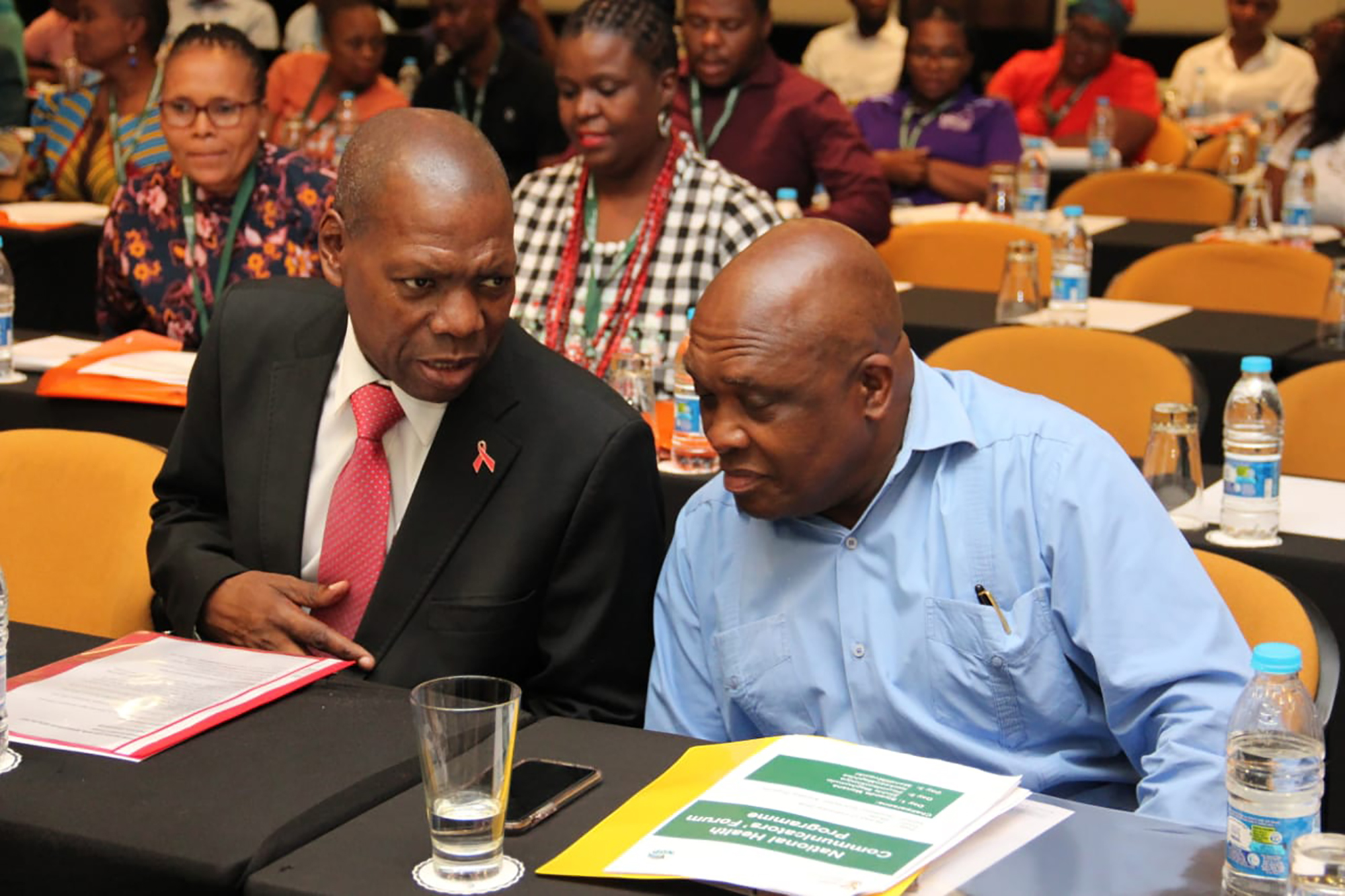
“The purpose of the meeting was to give the Minister a comprehensive progress report on the relocation of the department and employees to an alternative building,” reads the article.
In reference to its old offices in the Civitas building, Mkhize had stated: “As the department, we must lead in the fields of employee wellness and occupational safety, including fostering a tenable working environment.”
This was deeply ironic, considering the health and safety concerns Cogta had raised about the building the DoH now wanted to move into.
Notwithstanding those issues, Mkhize “directed” the DoH’s management “to go ahead with the implementation of the relocation plan” after he’d studied the report, the article tells us.
It is not clear from the article whether this report had specifically detailed the Hiroworx option, but a letter penned by Pillay fills in the blanks.
It was addressed to Vukela, the DPWI’s DG.
Pillay wrote that the DoH’s executive management had identified the Hiroworx property as a “suitable building”.
Pillay’s letter was an “urgent request” for the DPWI to get the DoH into the building as quickly as possible.
Pillay did not respond to queries regarding his involvement in these developments.
Despite its officials’ involvement, the DoH effectively washed its hands of the decision-making process behind the lease deal. It said the DPWI was responsible for administering the bid.
“It is recommended that you communicate with the DPWI directly…” said the DoH.
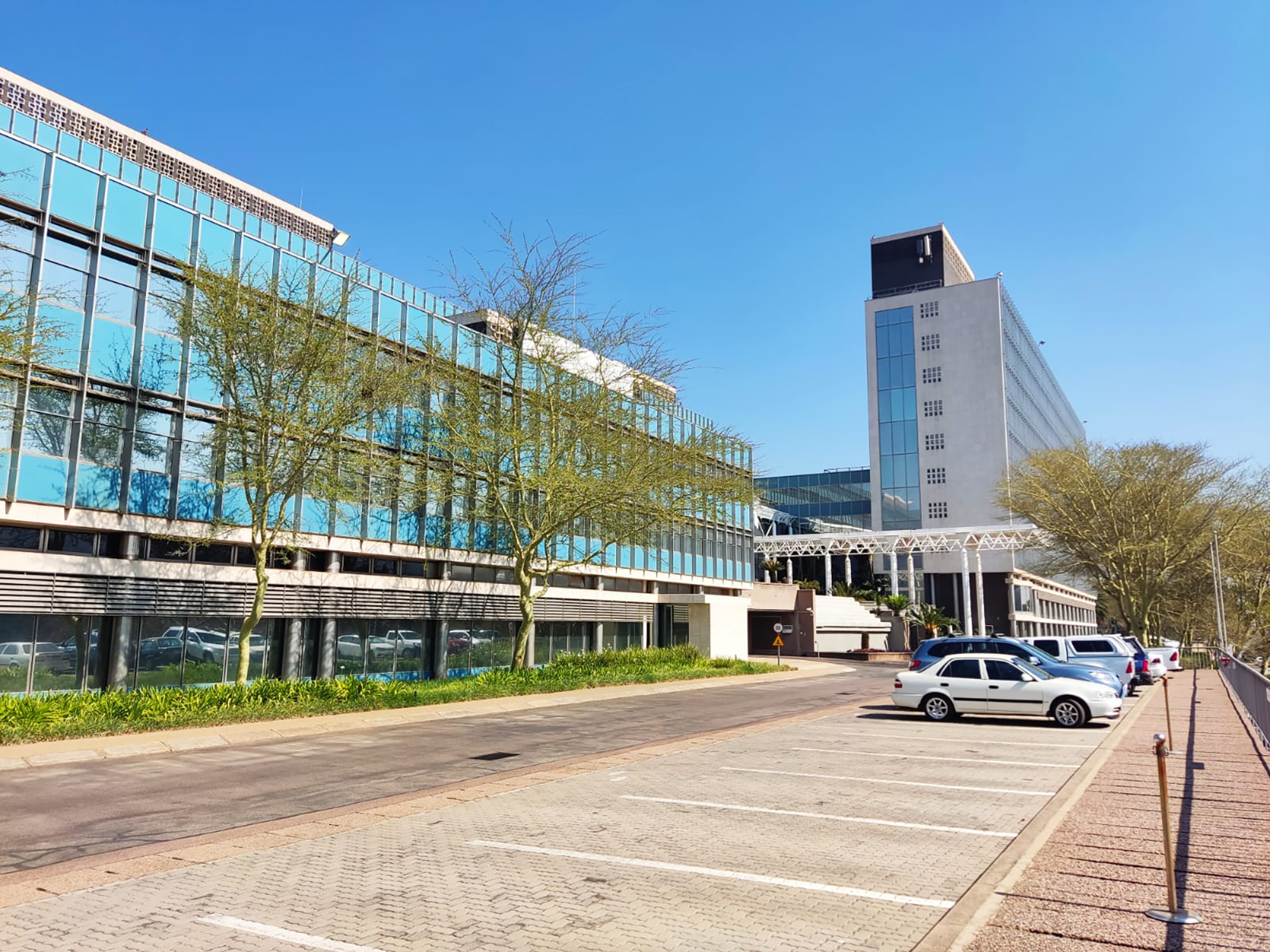
Cost creep
After the NT had told Pillay that the DPWI would have to seek permission for a tender deviation, the latter department in March 2020 submitted such a request.
Essentially, the DPWI and the DoH were hoping to get permission for the DoH to take over the lease deal that Cogta had walked away from.
For Hiroworx, this administrative intervention would bring about a considerable boon.
Recall that Hiroworx had submitted a bid to lease its building to the DoH at a cost of R295.5-million. This was for a five-year lease.
Thanks to the deviation, the company would instead get R486.7-million for a seven-year lease contract, according to the DPWI’s request to the NT. This is R191-million more than the company’s original bid price for the DoH contract.
Hiroworx said the figure mentioned in the DPWI document was wrong. It claimed it will accommodate the DoH at a cost of “approximately” R444.8-million.
But even this figure is nearly R150-million more than what Hiroworx would have received if its bid for the DoH lease had been accepted, and if that tender process hadn’t collapsed.
We asked for a copy of the lease agreement to confirm the correct figure, but Hiroworx’s lawyer said the document was “confidential”.
The latest deal was also more lucrative than the R344-million lease that Cogta had walked away from.
The DoH lease provided for more floor space than the Cogta contract (28,397m2 vs 21,248m2). But the fact remains that Hiroworx would be earning more money — at least in gross terms.
The company denied that this represented a significant cost creep.
Said Fanaroff: “We repeat that the basic rental calculation per square metre remained the same and accordingly Hiroworx did not [as Scorpio contended] ‘now suddenly charge more’.”
Treasury’s call — ‘irregular’
On 24 March 2020, the DPWI received the NT’s approval for the tender deviation.
But it came with strict conditions.
The DPWI needed to inform the NT whether there had been an environmental assessment done “to ensure the Department of Health’s health and safety”.
The NT also wanted clarity on whether the lease was “market-related”.
We asked the NT whether the DPWI complied with these requirements.
If not, we asked, would the entire R486.7-million figure be considered as irregular expenditure?
“If the conditions… were not addressed by the accounting officer and the department went through with the procurement, it means that the support for the transaction falls away and the transaction will therefore be deemed as irregular expenditure…” responded the NT.
It added: “The DPWI did not submit documents to National Treasury pertaining to the procurement of office space and therefore National Treasury has not assessed the documents to test compliance.”
The NT wouldn’t say it in as many words, but we’re pretty certain this means the expenditure could be deemed as irregular.
We sought the DPWI’s comment on this point, but the department failed to respond.
Fanaroff said Hiroworx was not aware of any decision to flag the expenditure as irregular.
As things stand, the DoH’s employees remain in their “unsafe” head office on the city’s outskirts, while questions persist over the manner in which the deal was concluded. DM
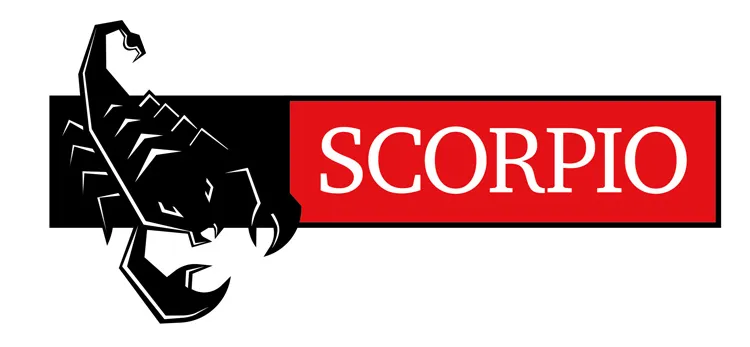
![]()


Be the first to comment